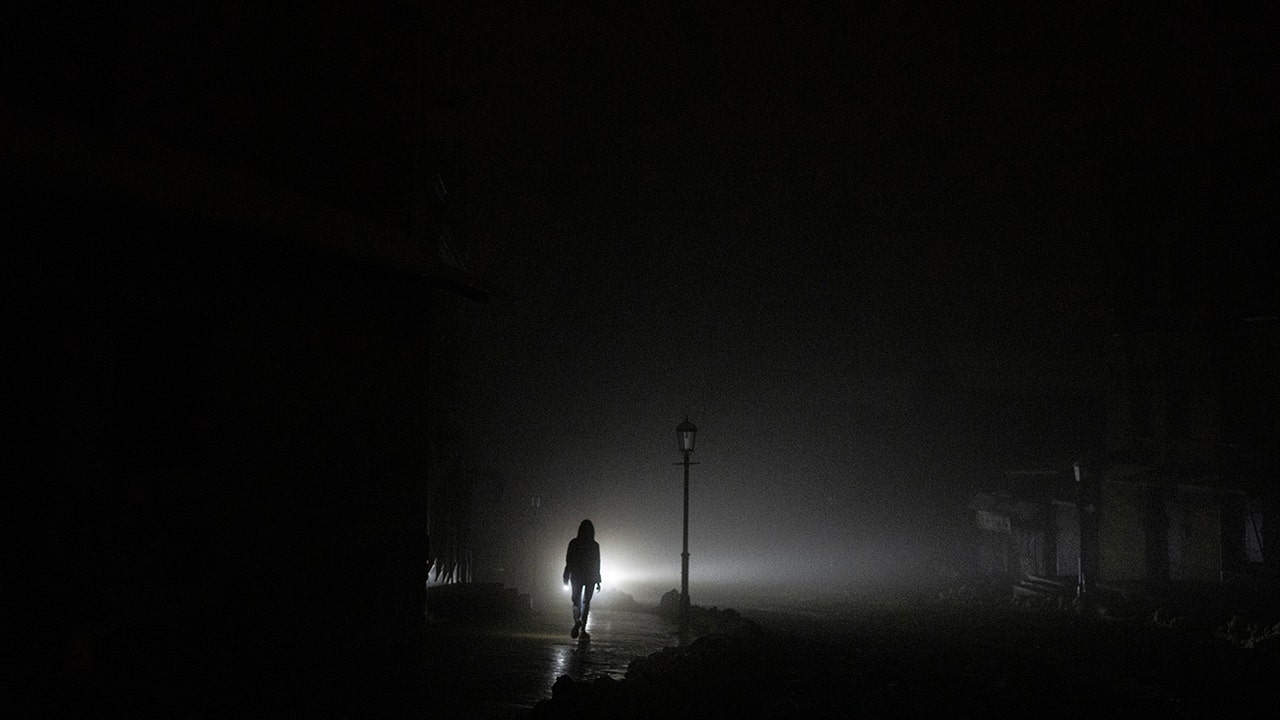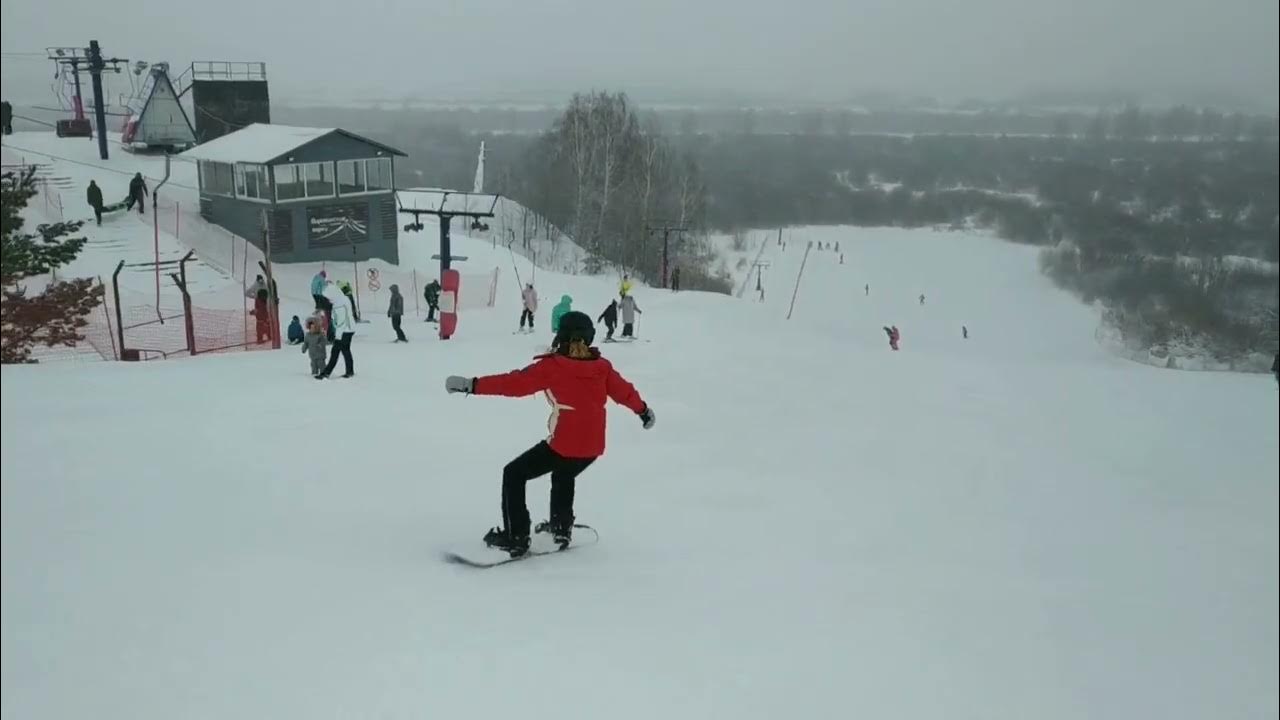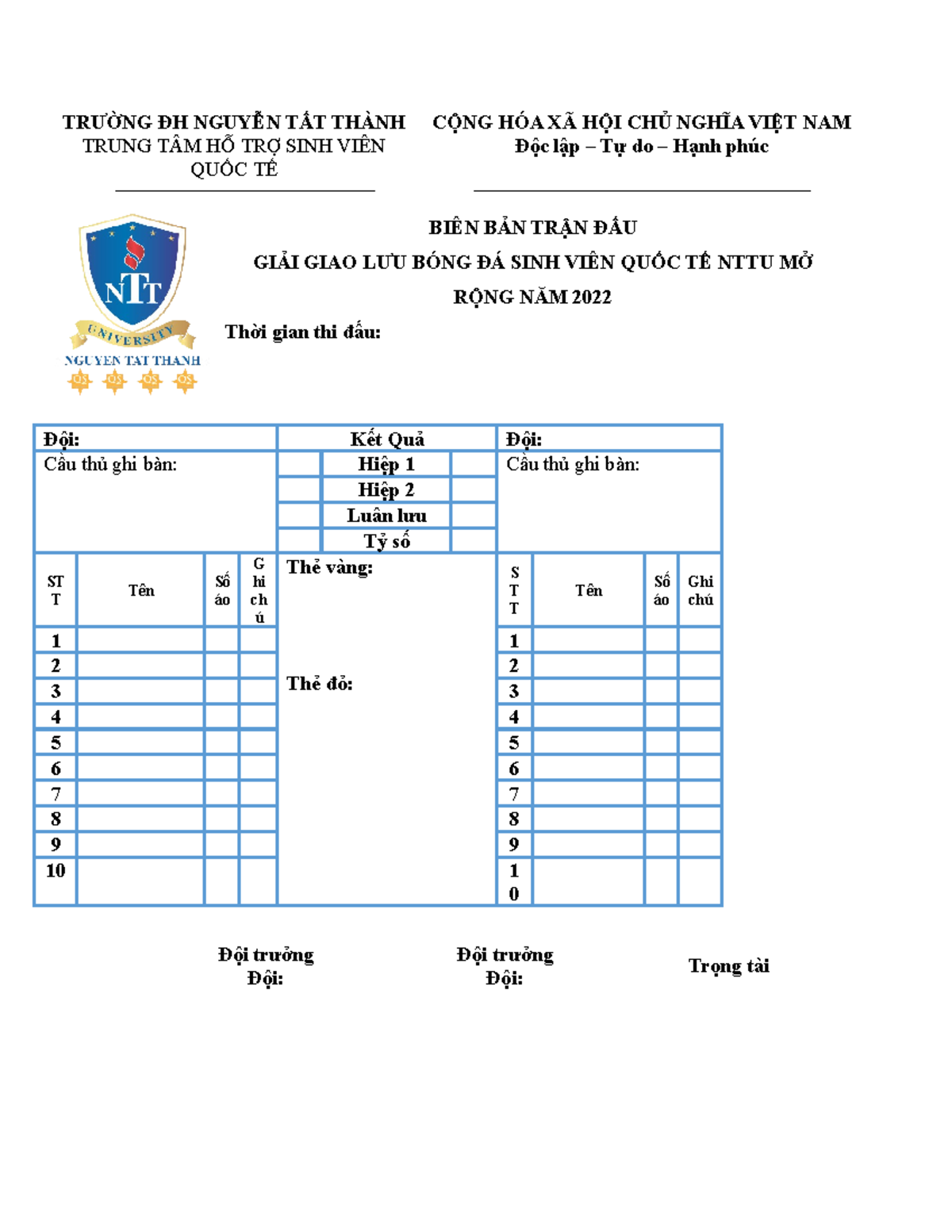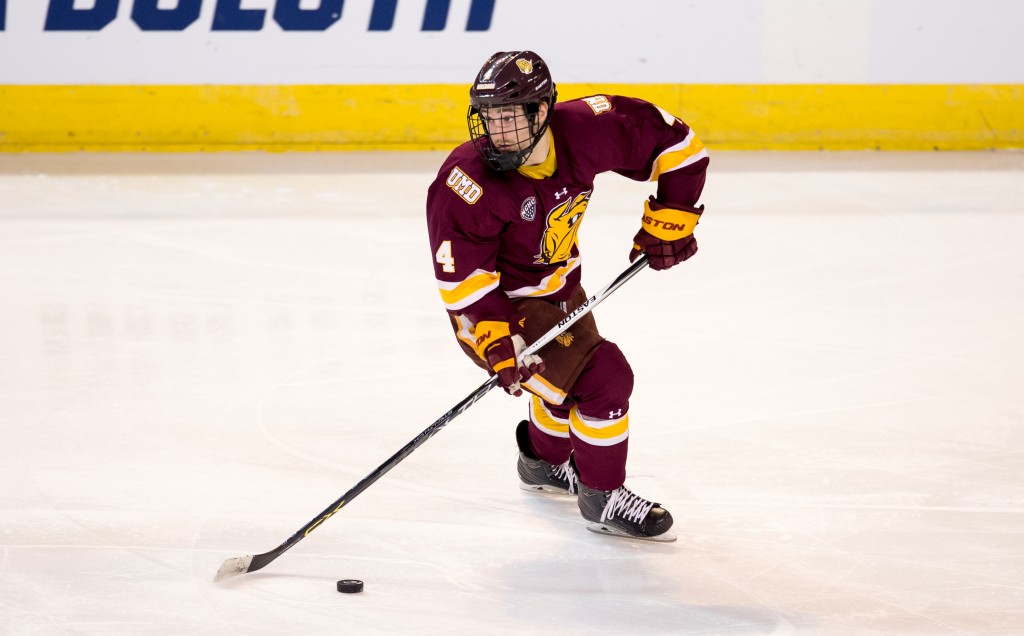Will Warmer Weather Revitalize Russia's Stalled Spring Offensive?

Table of Contents
The Impact of Mud Season on Military Mobility
The infamous Rasputitsa, or mud season, in Ukraine has historically played a crucial role in shaping military campaigns. The thawing of the ground transforms the landscape into a quagmire, rendering many roads impassable and severely hindering the movement of heavy military equipment. This significantly impacts Russia's logistical capabilities, slowing the advance of armored columns and hampering the supply of ammunition and provisions to frontline troops. The difficulties faced during the winter months, exacerbated by the Rasputitsa, contributed significantly to the slowdown of Russia's initial offensive plans.
Warmer weather, however, offers a significant advantage to Russia by alleviating these logistical challenges. The drying of the ground will allow for increased maneuverability of tanks and armored vehicles, facilitating a more rapid advance. This improved mobility directly impacts the effectiveness of Russia's military strategy.
- Increased maneuverability of tanks and armored vehicles: The ability to move heavier equipment more freely opens up new strategic options for the Russian military.
- Easier transport of supplies and reinforcements: Reliable supply lines are crucial for any military operation, and improved road conditions will enable a faster and more efficient delivery of essential resources.
- Improved ability to conduct large-scale offensives: The combined effect of enhanced mobility and better logistics increases the potential for Russia to launch larger and more coordinated offensives.
The Role of Improved Weather on Troop Morale and Effectiveness
The harsh winter conditions in Ukraine have undoubtedly taken a toll on Russian troop morale and combat readiness. Exposure to extreme cold, coupled with challenging living conditions, has likely led to decreased fighting capacity and increased casualties due to frostbite and hypothermia. This has undoubtedly hampered the efficiency and effectiveness of Russian military operations.
Warmer weather offers a potential boost to troop morale and combat effectiveness. Improved living conditions in the field, reduced risks associated with extreme cold, and an overall improvement in troop well-being could lead to a more motivated and effective fighting force.
- Better living conditions for soldiers in the field: Less exposure to harsh elements improves the quality of life and boosts morale among soldiers.
- Reduced risk of frostbite and hypothermia: Warmer temperatures directly decrease the risk of cold-weather injuries, improving the overall health and effectiveness of troops.
- Increased operational tempo and effectiveness: A healthier and more motivated army is likely to be more effective in combat and more capable of executing complex military operations.
Ukraine's Preparations and Counter-Strategies
Ukraine is acutely aware of the potential advantages that warmer weather could bring to Russia's military capabilities. In anticipation of a renewed offensive, Ukraine has been diligently preparing its defenses, including the construction of fortifications and the deployment of reinforcements. They are also focused on bolstering their defensive lines along critical areas to withstand any Russian advance.
To counter the impact of improved weather conditions for Russia, Ukraine may employ various counter-strategies. This could involve using mobile defense tactics, focusing on disrupting Russian supply lines, and employing asymmetric warfare techniques. The deployment of new Western-supplied weapons and military equipment will also play a crucial role in shaping the battlefield.
- Strengthening defensive lines and fortifications: Fortifying key positions and establishing layered defenses will hinder Russian advances and inflict maximum losses.
- Deployment of new weapons and military equipment: The influx of Western-supplied weapons systems will help to better equip Ukrainian forces to engage effectively with Russian forces.
- Potential counter-offensives to disrupt Russian advances: Ukraine may launch strategic counter-offensives to disrupt and weaken any Russian advances.
Geopolitical Implications and International Response
The success or failure of Russia's spring offensive will have profound geopolitical implications. A significant Russian advance could alter the territorial landscape of Ukraine and put increased pressure on Western support for the country. Conversely, a stalled or unsuccessful offensive could weaken Russia's position, leading to further international isolation and potential internal instability.
The international community is closely monitoring the situation. A renewed escalation of the conflict could lead to further international sanctions against Russia, as well as increased military and humanitarian aid to Ukraine. The impact on global energy markets and food security could also be significant.
- Impact on NATO and Western support for Ukraine: The outcome of the offensive will profoundly impact the nature and level of Western support to Ukraine.
- Potential for further international sanctions against Russia: A more aggressive Russian campaign could trigger harsher international sanctions.
- Implications for global energy markets and food security: The conflict's continuation and escalation have widespread global implications.
Will Warmer Weather Revitalize Russia's Stalled Spring Offensive? A Concluding Assessment
The impact of warmer weather on Russia's stalled spring offensive is a complex issue. While improved weather conditions will undoubtedly improve Russia's logistical capabilities and potentially boost troop morale, Ukraine's preparations and counter-strategies, along with continued international support, represent significant obstacles. The likelihood of a successful Russian spring offensive is far from certain.
Whether Russia can capitalize on the improved weather conditions to achieve significant battlefield gains remains to be seen. The coming weeks and months will be critical in determining the success or failure of Russia's spring offensive and its long-term implications for the conflict. To stay updated on the developments regarding Russia's spring offensive's success and the impact of weather on Russia's military campaign, continue to follow reliable news sources and expert analysis. Understanding the influence of weather on this ongoing conflict is crucial for comprehending the future trajectory of the war.

Featured Posts
-
 Channing Tatums New Romance Getting To Know Inka Williams
Apr 30, 2025
Channing Tatums New Romance Getting To Know Inka Williams
Apr 30, 2025 -
 Doubt Cast On Court Experts Vitals Inquiry Testimony Oath Recall Failure
Apr 30, 2025
Doubt Cast On Court Experts Vitals Inquiry Testimony Oath Recall Failure
Apr 30, 2025 -
 Tyumen Obrushenie Gorki Postradavshie Otkazyvayutsya Ot Pomoschi
Apr 30, 2025
Tyumen Obrushenie Gorki Postradavshie Otkazyvayutsya Ot Pomoschi
Apr 30, 2025 -
 Giai Bong Da Thanh Nien Thanh Pho Hue Cap Nhat Ket Qua Thi Dau
Apr 30, 2025
Giai Bong Da Thanh Nien Thanh Pho Hue Cap Nhat Ket Qua Thi Dau
Apr 30, 2025 -
 Chainalysis And Alterya A Strategic Merger For Enhanced Blockchain Technology
Apr 30, 2025
Chainalysis And Alterya A Strategic Merger For Enhanced Blockchain Technology
Apr 30, 2025
Latest Posts
-
 Neal Pionk Breaking News And Trade Rumors
Apr 30, 2025
Neal Pionk Breaking News And Trade Rumors
Apr 30, 2025 -
 Neal Pionk Latest News Rumors And Highlights
Apr 30, 2025
Neal Pionk Latest News Rumors And Highlights
Apr 30, 2025 -
 Fialas Offense Powers Kings Past Stars In Thrilling Shootout
Apr 30, 2025
Fialas Offense Powers Kings Past Stars In Thrilling Shootout
Apr 30, 2025 -
 Wayne Gretzky Fast Facts Records Awards And More
Apr 30, 2025
Wayne Gretzky Fast Facts Records Awards And More
Apr 30, 2025 -
 The Ultimate Guide To Wayne Gretzky Fast Facts
Apr 30, 2025
The Ultimate Guide To Wayne Gretzky Fast Facts
Apr 30, 2025
